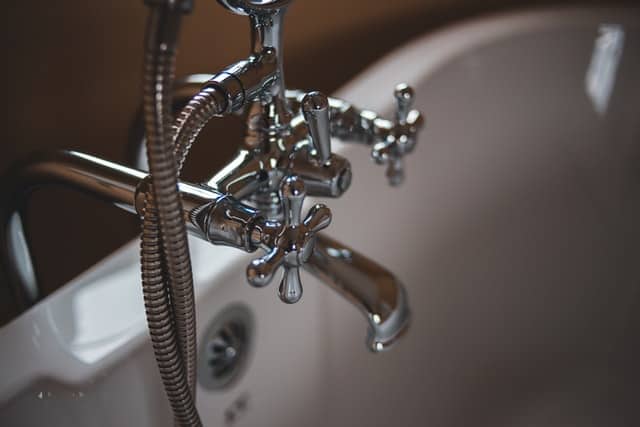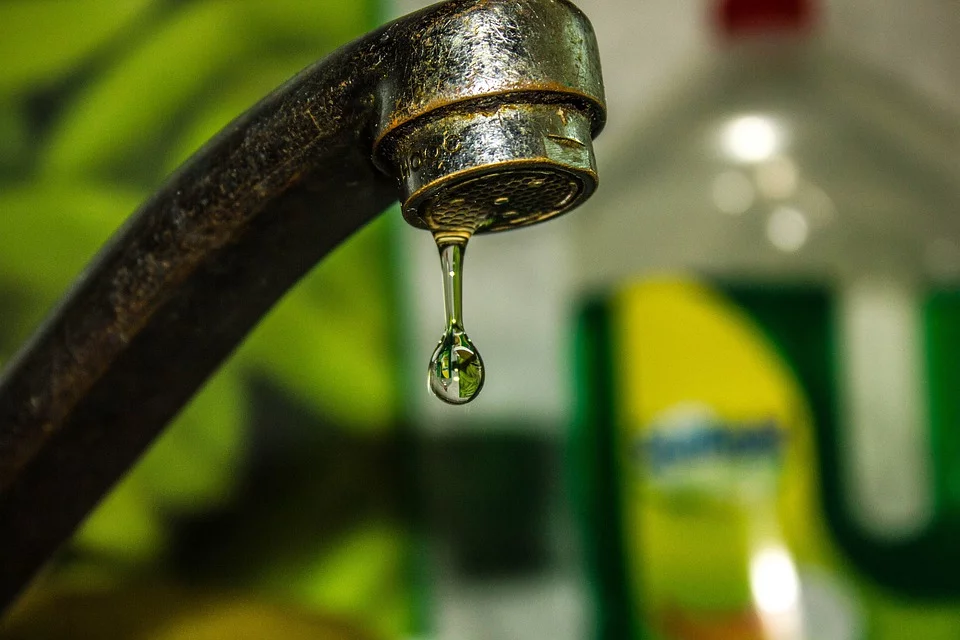An Ultimate Guide: A Few Winterizing Techniques to Defend Against Pipe Bursts in Chilly Conditions
An Ultimate Guide: A Few Winterizing Techniques to Defend Against Pipe Bursts in Chilly Conditions
Blog Article
The content below relating to How to stop pipes from freezing during the winter is immensely motivating. Read it for your own benefit and decide what you think about it.

All home owners that reside in warm climates should do their finest to winterize their pipelines. It is something you need to do during fall before deep winter truly begins. Failing to do so can spell disaster like frozen, broken, or burst pipelines. If the climate outside is shocking, right here are some handy winterizing hacks to keep your plumbing system protected also.
Turn On the Faucets
When the temperature drops and also it appears as if the freezing temperature level will last, it will certainly assist to turn on your water both inside your home and outdoors. This will certainly maintain the water moving through your plumbing systems. You'll end up wasting gallons of water this method.
Open Up Cupboard Doors Hiding Plumbing
When it's cool outside, it would certainly be valuable to open up closet doors that are concealing your pipes. Doing this small trick can maintain your pipes cozy as well as limit the potentially unsafe end results of freezing temperatures.
Take Time to Cover Exposed Pipes
One simple as well as cool hack to warm up icy pipelines is to wrap them with warm towels. You can also utilize pre-soaked towels in hot water, just do not neglect to use safety gloves to guard your hands from the warmth.
Try a Hair Clothes Dryer or Heat Gun
When your pipes are almost freezing, your reliable hair clothes dryer or warm gun is a blessing. If the hot towels do not help displace any type of clearing up ice in your pipes, bowling warm air directly into them may help. You may finish up harmful your pipelines while trying to thaw the ice.
When Pipes are Frozen, close Off Water
Turn off the major water shutoff promptly if you discover that your pipelines are entirely frozen or almost nearing that stage. You will normally locate this in your cellar or utility room near the heating unit or the front wall closest to the street. Transform it off as soon as possible to avoid more damage.
With more water, more ice will load up, which will ultimately lead to burst pipes. If you are unclear concerning the state of your pipes this wintertime, it is best to call a professional plumber for an assessment.
All home owners who live in warm environments need to do their finest to winterize their pipes. Failure to do so can lead to calamity like frozen, broken, or burst pipelines. If the hot towels do not help displace any type of settling ice in your pipelines, bowling hot air directly into them might aid. Transform off the major water valve promptly if you see that your pipelines are totally frozen or practically nearing that phase. With more water, even more ice will certainly stack up, which will at some point lead to break pipelines.
PREVENT YOUR PIPES FROM FREEZING THIS WINTER
A Leading Cause of Property Damage
When the weather is taking a deep nose dive into the cold dreary days, the risk of your pipes freezing and potentially bursting skyrockets. Unfortunately, during these cold dreary months, burst pipes are the most common denominator for property damage. The pipes that are most at the risk are those that are in areas where it is most cold in your home. For instance, pipes located in interior places such as basements, attics, and your garage. Unfortunately, that doesn’t mean that the pipes running through your cabinets or exterior walls can’t freeze. Good news, however, is that you can do things to help prevent pipes from freezing.
How to Prevent Pipes From Freezing
Once the temperature starts to drop during the winter, you should be taking the proper measures needed to ensure that your pipes stay warm and that there is circulation of water through them. Some steps that experts may recommend could go against your better judgement when it comes to saving water and heat. However, it would go without saying that when expenses are compared, damaged pipes could put a bigger dent in your wallet than a water bill.
What Can I Do?
Keep your garage door closed. This is very important, especially if you have water supply lines running through your garage. Open your kitchen and bathroom cabinets to allow warm air to circulate through them. Allow air circulation throughout your home. Keeping the interior doors open will once again allow the warm air to circulate inside your home. Ensure your thermostat is running the same temperature throughout the night and day. If you plan to be away from home during the cold months, set your temperature no lower than 55° F. This should provide enough heat to keep the pipes warm and prevent any remaining water inside the pipes from freezing. For more of a long-term solution, add insulation to attics, basement, and other crawl spaces around your home. By allowing your faucet to drip, it will alleviate pressure in the system. This is important because the pressure that is created between the blockage and the faucet can potentially cause the pipes to burst. Allowing the faucet to drip will prevent the pressure from building up, therefore keeping the pipes from bursting. Seal any cracks, openings, and crawl spaces around your home to prevent cold air from coming inside. This keeps your pipes-not to mention your home-warmer and less susceptible to issues caused by freezing temperatures. For the pipes in your home that are easily accessible, applying electrical tape to them might prevent them from freezing over. This is a quick fix, as you can apply the tape directly to the pipe. There are two options for heating tapes. One turns on and off by itself when it senses heat is needed. The other type of heating tape needs to be applied when heat is needed and removed when not necessary. If you have exposed pipes in your home, you can check this website to take a look at a few options that would be available at a shop near you.

As an avid reader on How to Prevent Frozen Pipes, I assumed sharing that article post was a smart idea. Don't hesitate to take the time to distribute this blog post if you appreciated it. I recognize the value of reading our article about Prevent Freezing and Bursting Pipes.
We value timeliness. Report this page